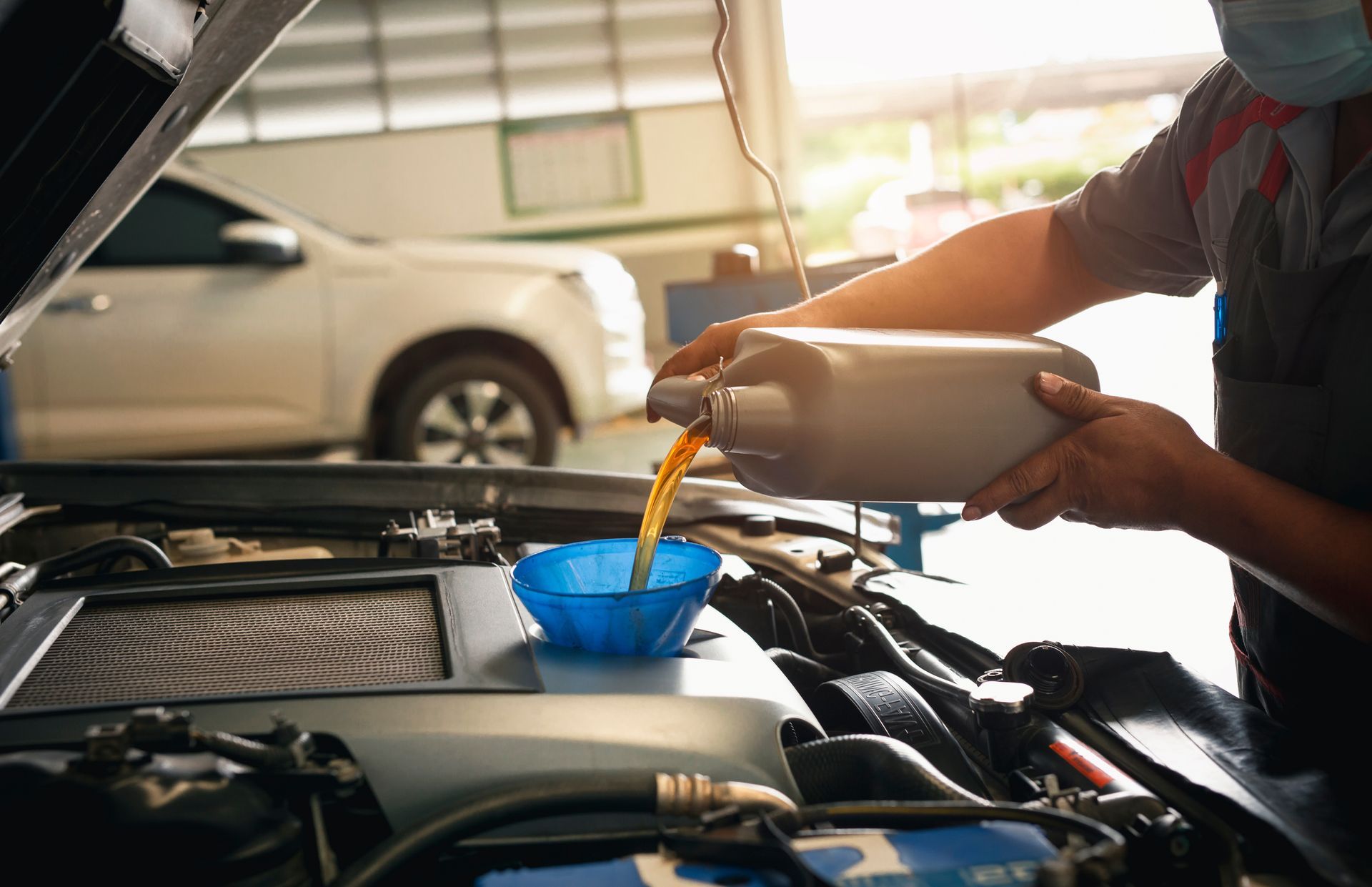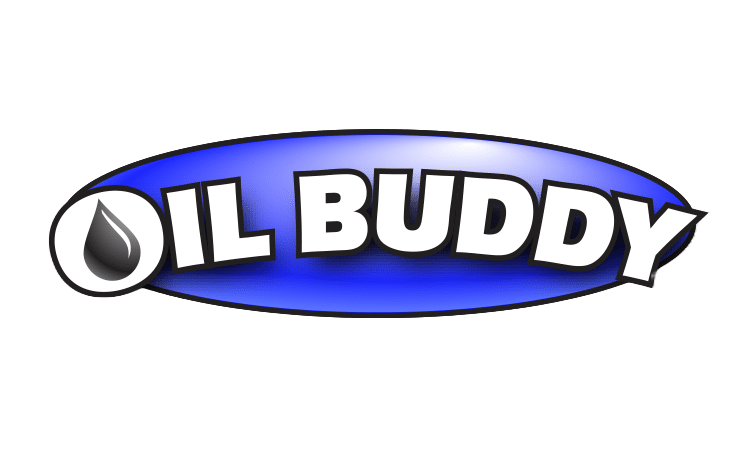How Oil Filters Work: A Look Inside
Your vehicle’s engine is a marvel of modern engineering, but it’s not immune to the wear and tear that comes with time and use. One of the unsung heroes of engine maintenance is the oil filter. Though it might not be the most glamorous component under the hood, its role is critical for keeping your engine running smoothly and efficiently. In this blog post, we’ll dive into how oil filters work, why they are indispensable, and how to ensure you’re using the best one for your vehicle.
What Is an Oil Filter?
An oil filter is a crucial component designed to remove contaminants from engine oil that accumulate over time. As your engine operates, it generates heat and friction, which causes tiny particles of dirt, metal shavings, and other debris to mix with the oil. These impurities can cause significant damage if left unchecked. The oil filter plays a vital role by trapping these contaminants before they have a chance to circulate through the engine. This helps to ensure that the oil remains clean and effective at lubricating and protecting the engine’s moving parts.
How Does an Oil Filter Work?
To fully appreciate the role of an oil filter, it's important to understand its operation:
- Oil Flow: Engine oil circulates through various components of the engine, lubricating moving parts and picking up debris and contaminants along the way. As the oil flows through the engine, it can become increasingly dirty and less effective at its job.
- Filtration Process: The oil then passes through the oil filter, which contains a filtering element designed to capture and retain particles as small as 20 microns. This element is typically made from paper, synthetic fibers, or a combination of materials that effectively trap contaminants.
- Clean Oil Returns: After the oil has been filtered, it exits the oil filter and continues to circulate through the engine. This clean oil helps to maintain optimal engine performance and longevity by reducing friction and wear on critical engine components.
- Bypass Valve: In some oil filters, a bypass valve is included to allow oil to bypass the filter if it becomes clogged or restricted. This ensures that oil continues to flow through the engine, although it may not be as clean as it should be. Regular maintenance helps to avoid this issue by ensuring the filter is changed before it becomes too clogged.
Types of Oil Filters
Oil filters come in several types, each offering distinct benefits:
- Mechanical Filters: These are the most commonly used oil filters. They utilize a filter element that physically captures contaminants from the oil. Mechanical filters can be either spin-on or cartridge types, each with its own installation method.
- Magnetic Filters: Magnetic oil filters use magnets to attract and hold metal particles in the oil. This can be particularly useful for capturing metal shavings that might be missed by other types of filters. Magnetic filters are often used in combination with mechanical filters for enhanced protection.
- Centrifugal Filters: These filters use centrifugal force to separate contaminants from the oil. As the oil spins inside the filter, the force pushes heavier particles toward the edges, where they are collected. Centrifugal filters are typically found in high-performance engines where superior filtration is required.
- Dual-Stage Filters:
Combining elements of mechanical and centrifugal filtration, dual-stage filters offer enhanced protection. They use a combination of filtration methods to provide a higher level of impurity removal and engine protection.
Why Oil Filters Are Crucial
While regular oil changes are essential, having a good oil filter is equally important. Here’s why:
- Protect Engine Components: The primary function of an oil filter is to remove contaminants that could otherwise cause wear and tear on engine components. By preventing these impurities from circulating through the engine, oil filters help extend the life of vital engine parts and maintain overall engine health.
- Improve Performance: Clean oil contributes to better engine performance. When the oil is free from contaminants, it can more effectively lubricate moving parts, reduce friction, and help the engine operate smoothly. This can lead to improved fuel efficiency and overall vehicle performance.
- Reduce Emissions: A well-maintained engine, aided by an effective oil filter, operates more efficiently and produces fewer emissions. This not only benefits the environment but can also help you comply with emissions regulations and avoid potential fines.
- Prevent Expensive Repairs:
Contaminated oil can lead to significant engine damage over time, resulting in costly repairs. By ensuring that your oil filter is functioning properly, you can prevent these issues and save money in the long run.
Choosing the Right Oil Filter
Selecting the right oil filter for your vehicle is crucial for optimal engine performance and longevity. Here are some key factors to consider:
- Compatibility: Always choose an oil filter that is compatible with your vehicle’s make and model. Refer to your vehicle’s owner’s manual or consult with a professional to ensure you select the correct filter.
- Filter Efficiency: Look for oil filters with high efficiency ratings. These filters are designed to capture smaller particles, offering superior protection for your engine. Check the filter’s specifications to understand its efficiency and capacity.
- Brand and Quality: Opt for oil filters from reputable brands known for their quality and reliability. While cheaper filters may be available, they might not offer the same level of protection and durability as those from well-known manufacturers.
- Installation:
Consider filters that are easy to install and replace. Some filters come with features that simplify the installation process, such as built-in anti-drainback valves or easy-to-grip canisters.
Keep Your Engine Running Smoothly with Oil Buddy
At
Oil Buddy, we understand the importance of using high-quality
oil filters to maintain your vehicle’s engine health. If you’re unsure which oil filter is right for your vehicle or need assistance with installation, our team is here to help. Contact us at
480-892-4130 for expert advice and top-notch products designed to keep your engine running smoothly.
FAQs
-
How often should I change my oil filter?
It is generally recommended to change your oil filter with every oil change, which is typically every 3,000 to 5,000 miles. However, you should check your vehicle’s manual for specific recommendations based on your driving conditions and vehicle type.
-
Can I use any oil filter for my car?
No, oil filters are not universal. It is important to use a filter that is specifically designed for your vehicle’s make and model. Using the wrong filter can lead to poor engine performance and potential damage.
-
What happens if I don’t change my oil filter?
If you neglect to change your oil filter, contaminants can build up in the filter and eventually circulate through the engine. This can lead to increased engine wear, reduced performance, and potentially costly repairs.
-
How do I know if my oil filter needs to be replaced?
Signs that your oil filter may need to be replaced include unusual engine noises, a drop in oil pressure, or the illumination of the check engine light. Regular inspections and maintenance can help you address these issues before they become serious.
-
Can I install an oil filter myself?
Yes, if you have basic automotive knowledge and tools, you can install an oil filter yourself. Make sure to follow the manufacturer’s instructions and use the correct tools to ensure a proper installation. If you’re unsure, professional assistance is available.


Quick Links
Contact Info
2828 S Country Club Dr., Mesa, AZ 85210
Hours of Operation:
- Mon - Sat
- -
- Sunday
- Closed
Areas Served
Copyright. Oil Buddy. All Rights Reserved.



